Courtney has been reading and collecting books almost as long as she's been alive. She holds a B.A. in Theatre and Creative Writing. Courtney has been writing with Book Riot since 2019, and is a Bibliologist with TBR: Tailored Book Recommendations. She's currently brainstorming for her next creative project. You can follow her on Instagram.
All Ways Black & Penguin Random House
There are infinite ways to be Black. Penguin Random House welcomes you to visit All Ways Black, the year-round celebration of Black authors and stories. It's a place to honor the depth and breadth of experiences around what it means to be Black, and a home where you discover incredible authors and books. Take a look around and join our community dedicated to our literature – reading, sharing, living, and loving it.
A literary canon is defined as a collection of texts that are considered to be the best examples of literature, to be studied and preserved. These canonical works have cultural significance and intellectual value. The Western literary canon is largely white and male, but movements like the Harlem Renaissance propelled the groundbreaking works of Black artists and writers, sparking the formation of the Black literary canon.
While there is no definitive Black American literary canon, certain works have been collected into anthologies and lists as canon. The Zora canon, created by Medium publication ZORA, is made up of 100 influential works by Black American women, and features historical and contemporary works such a An American Marriage, The Fifth Season and Topdog/Underdog. In addition to novels and short stories, the Black literary canon is abundant with songs, poetry, and plays that celebrate oral storytelling. Many of the works considered canonical have been equally banned and assigned in schools, further proving their need to be preserved for future generations.
As a side note, I am not Black. I am a white woman and when making this list, I did my best to include books from a range of authors and genres. This list is only a sampling of the exceptional stories from the Black literary canon and should be considered a starting point.
Their Eyes Were Watching God by Zora Neale Hurston
This 1937 novel is a classic of the Harlem Renaissance and follows the story of Janie Crawford, from her teenage years to middle age. Janie runs away from her first marriage, hoping for happiness with the charming Jody Starks, only to be abused, controlled, and silenced for 20 years. After Jody’s death, Janie is finally free to find love and happiness with her new beau, Tea Cake, but her joy is short-lived when tragedy strikes. Exploring themes of resilience, gender, identity, and nature, this novel is a poetic journey of self-discovery.
I Know Why the Caged Bird Sings by Maya Angelou
Angelou’s first autobiography covers her childhood and early teen years. At age three Angelou and her brother are sent to live with her grandmother in Arkansas. Angelou vividly recalls the harassment from her white peers and the abuse she endured through her childhood. Presented in vignettes, this autobiography works as a lesson book in humanity.
Parable of the Sower by Octavia E. Butler
The first in an unfinished series, Parable of the Sower is set in a post-apocalyptic USA. Lauren, a young woman with hyper-empathy, is forced to flee when her community is destroyed. Around her, the world continues to descend into chaos and violence, but she has a vision for a different future for humanity. Lauren’s new belief set, called Earthseed, gives her and other refugees hope as they travel the wastelands.
Invisible Man by Ralph Ellison
Invisible Man follows the life of an unnamed narrator, living in social invisibility. He recalls his nightmarish journey of forced brawling, riots and rallies, rage and violence. Ellison’s prose is both magnetic and haunting.
For Colored Girls Who Have Considered Suicide/ When the Rainbow is Enuf by Ntozake Shange
This choreopoem is meant to be performed by a cast of seven women, each representing a different color of the rainbow. In 20 poems linked by music, they speak about friendship, domestic violence, sex, poverty, abortion, and racism. Since its original production in 1975, this choreoprogram was updated in 2010 to reflect current issues faced by Black women.
Beloved by Toni Morrison
Set just after the American Civil War, this 1987 novel focuses on Sethe, a formerly enslaved woman, and her daughter, Denver, whose home is haunted by Sethe’s deceased daughter. The hauntings are briefly alleviated by the arrival of Paul D, a man from Sethe’s past with secret horrors of his own. When a young woman called Beloved appears, Sethe becomes transfixed with her while Denver gathers the courage to step into the community.
If Beale Street Could Talk by James Baldwin
Young lovers Tish and Fonny face an uncertain future as Fonny is falsely imprisoned and Tish is pregnant with their child. The in-between moments of family gatherings and Tish’s memories of falling in love are set against the desperate attempts against the justice system of 1970s New York. Tish and Fonny’s love story is emotional, powerful, and tender.
The Color Purple by Alice Walker
In early 20th-century rural Georgia, sisters Celie and Nettie hold onto their connection through letters to each other and God. They write about their hopes and dreams, and about the abuse and pain they’ve endured. Since its first publication in 1982, The Color Purple has been adapted into films, stage productions, and radio serials. Though, recently, Walker has been called out for antisemitic and anti-trans comments.
Fences by August Wilson
As the sixth play in Wilson’s Pittsburgh Cycle, Fences focuses on the life of Troy, a working-class Black man in 1950s Pittsburgh. Tasked with caring for his disabled brother in addition to his wife and younger son, Cory, Troy is worn out and bitter about his past. When Cory is offered a chance at a football scholarship, Troy forbids him from playing for fear of discrimination. Their argument turns into resentment that follows Cory through the rest of Troy’s life. The simple set of a fenced yard serves as an allegory for a battlefield for a purpose against racial injustice. Fences won the 1987 Pulitzer Prize for Drama.
Ready for more excellent books by Black Authors? Check out 12 of the Best Books by Black Authors You’ve Probably Never Heard Of and Books by Black Authors that Should be on Everyone’s Bookshelves. Which books by Black authors do you think everyone should read at least once?

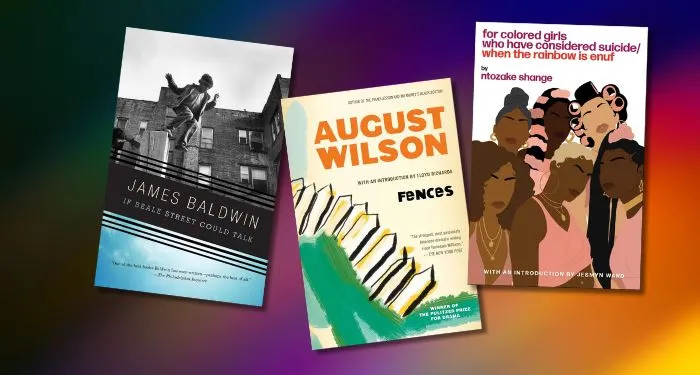

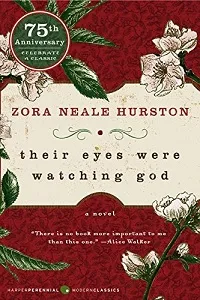
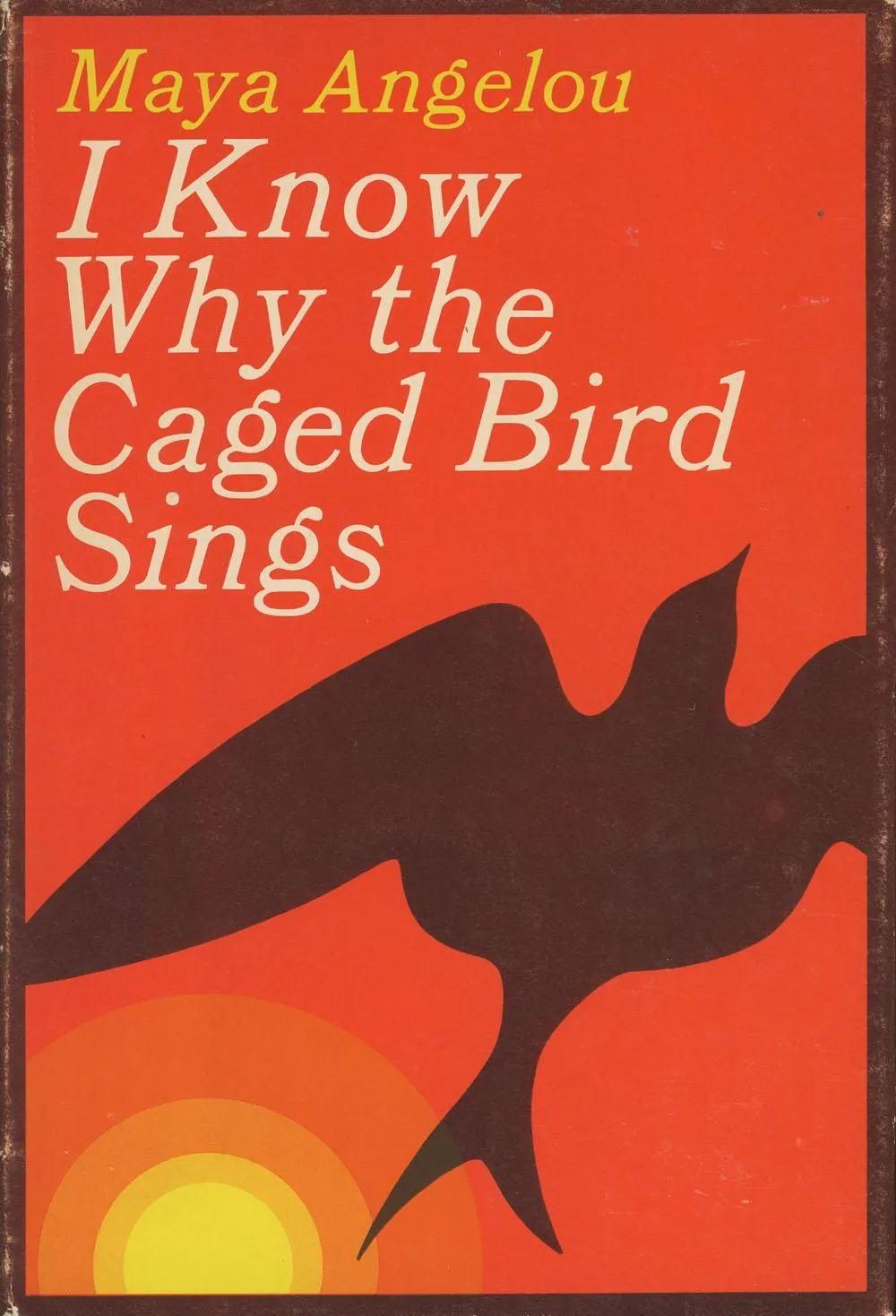
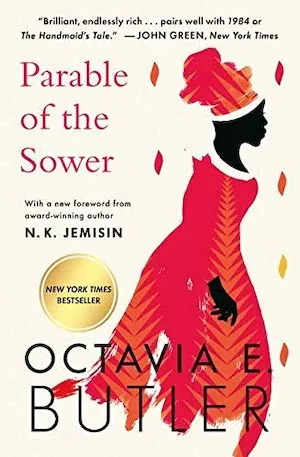
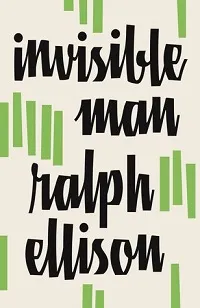
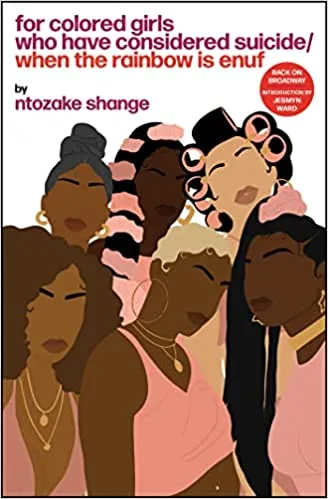
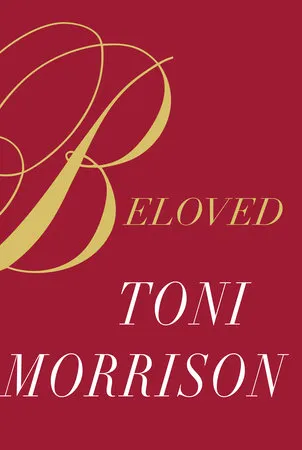
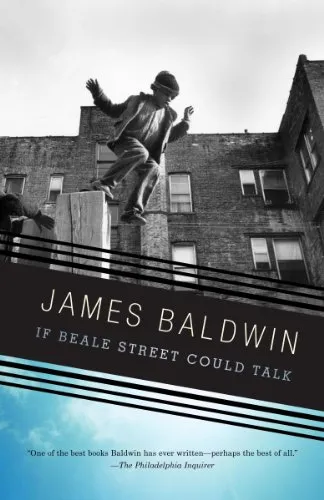
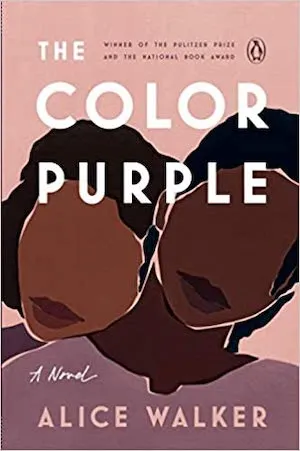
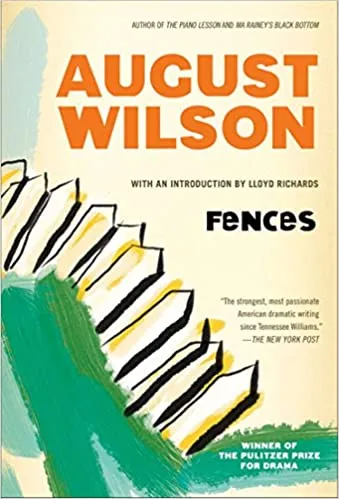

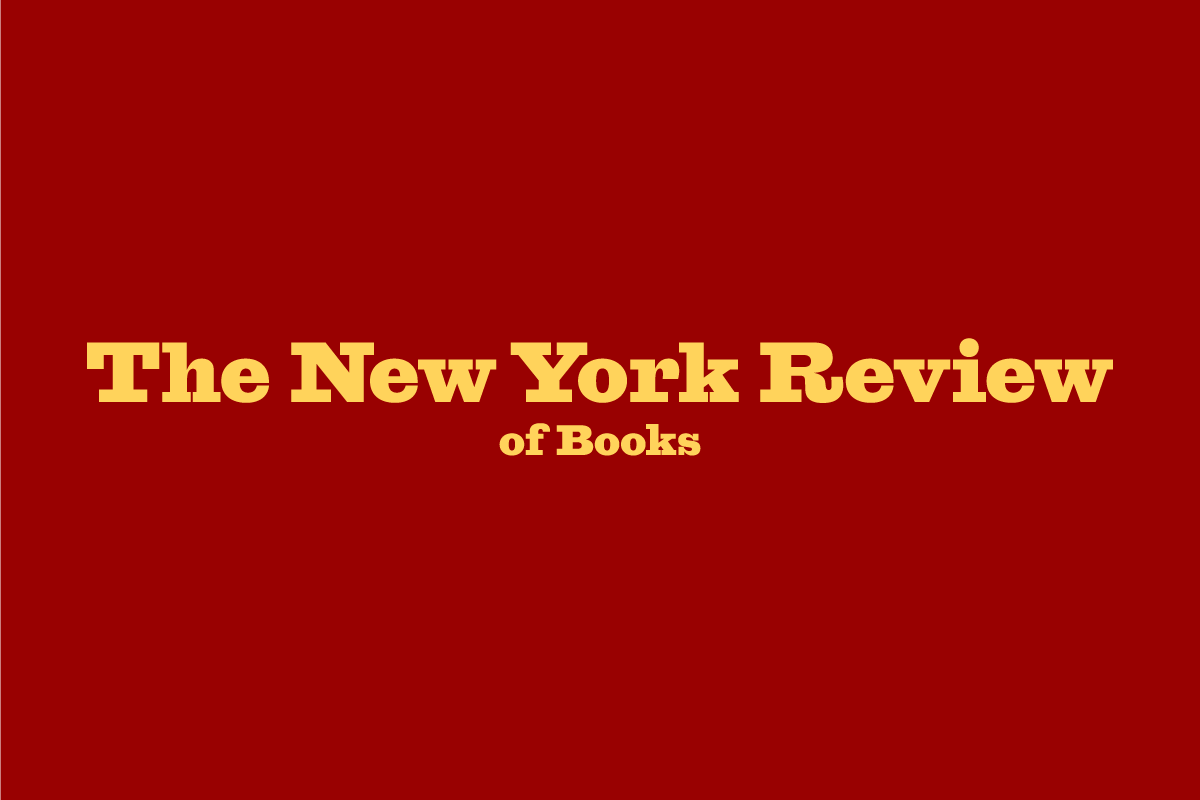
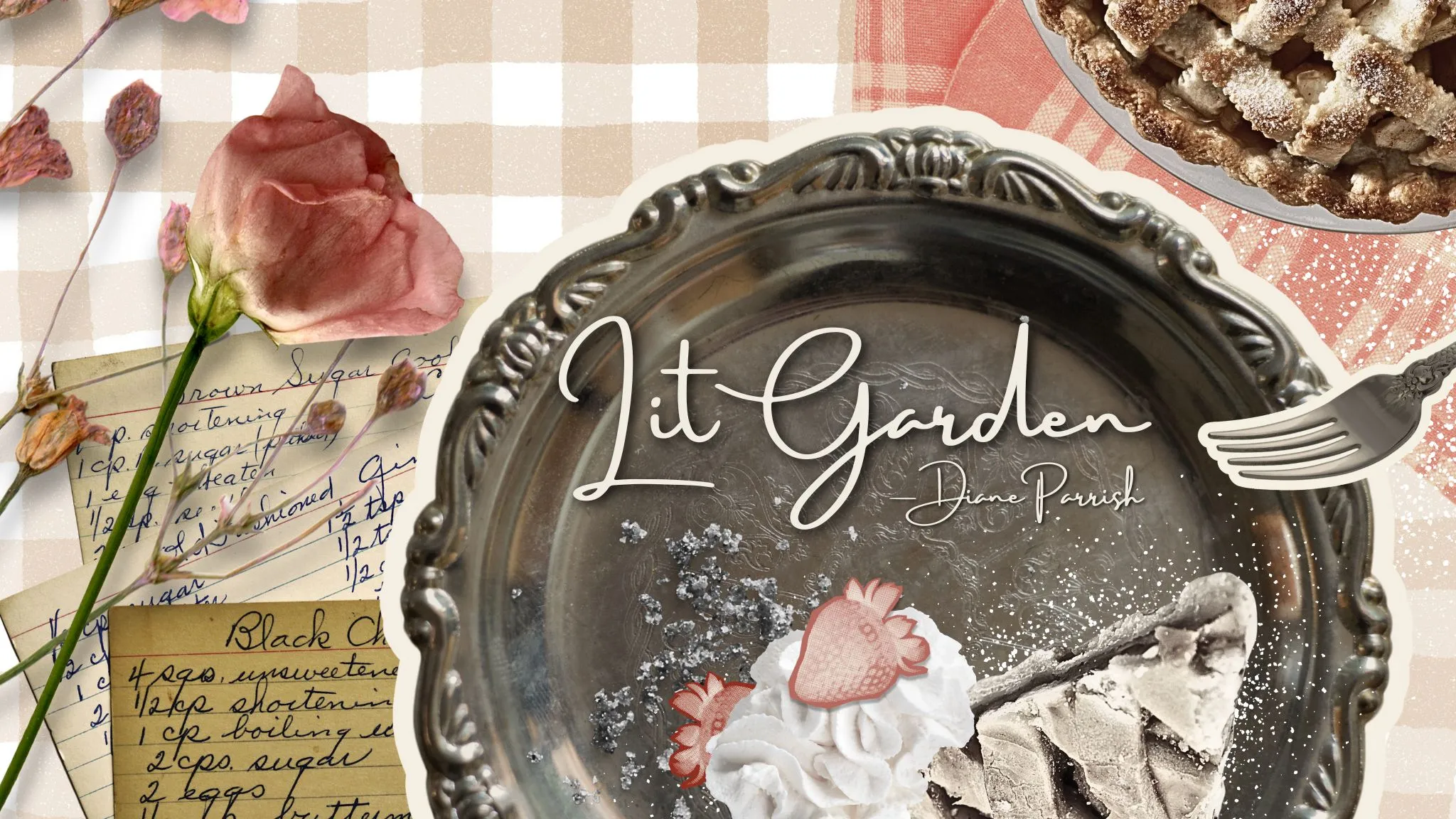

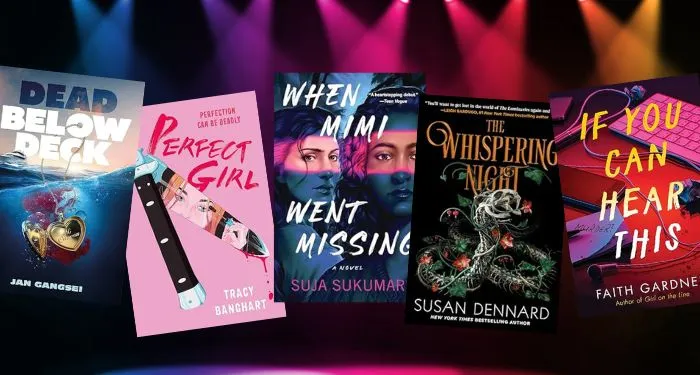
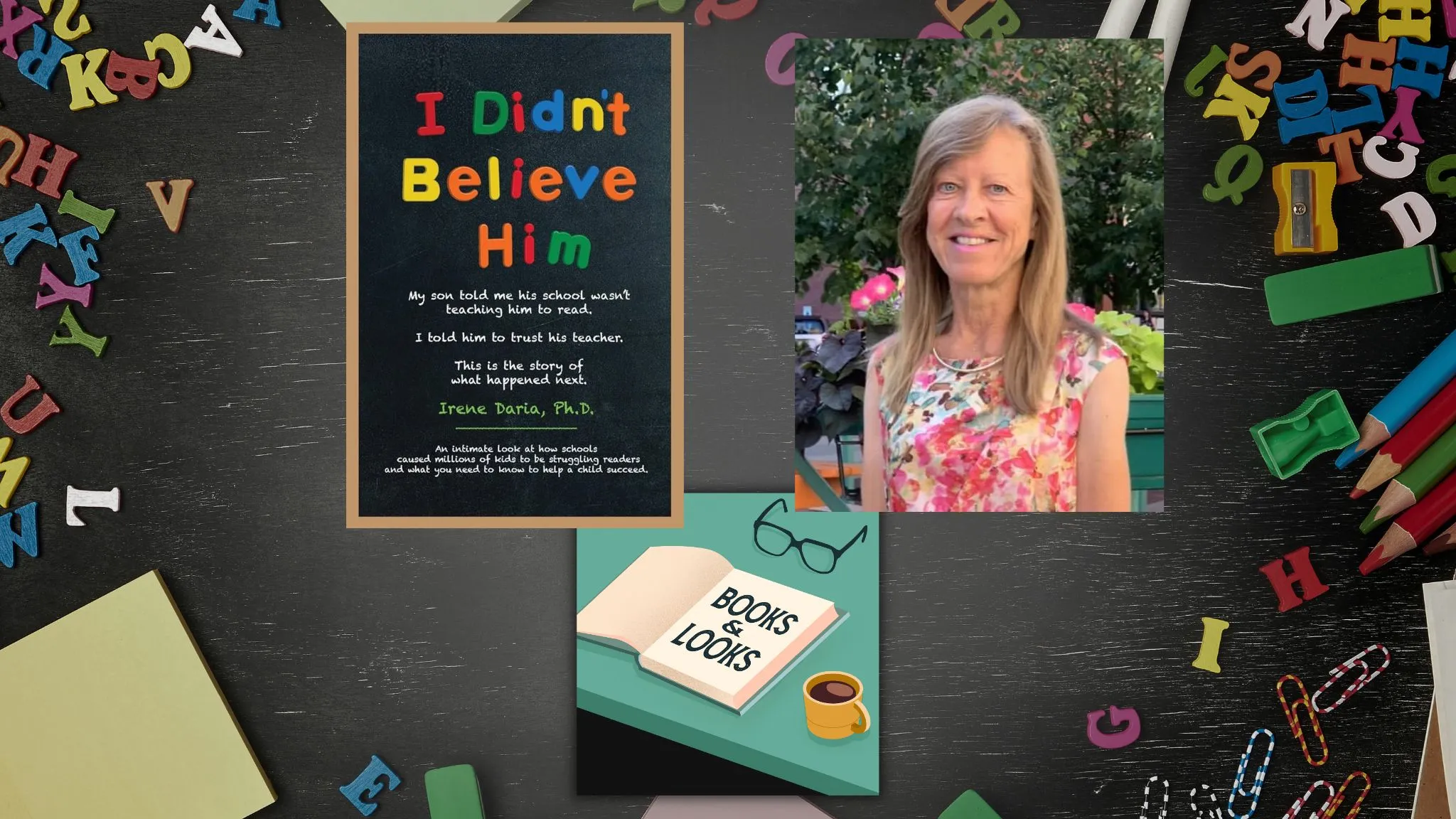


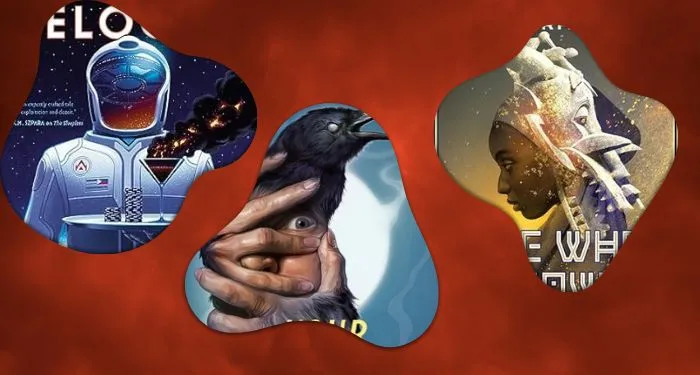
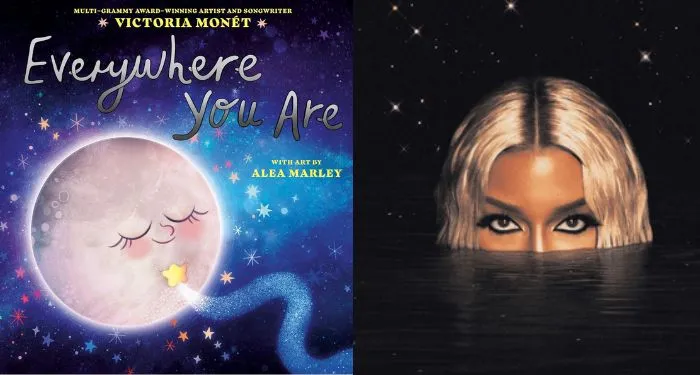




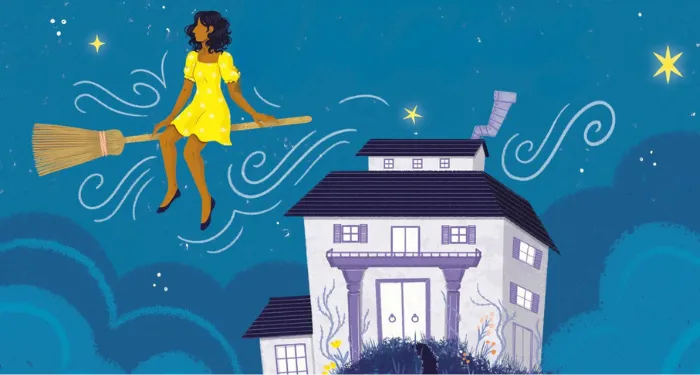



 English (US) ·
English (US) ·